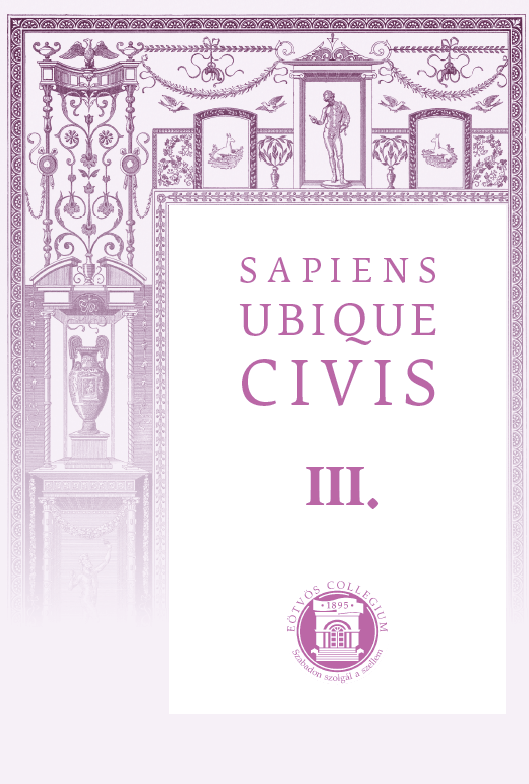The Case of Apollo and the Sibylline Books
Main Article Content
Abstract
In this paper I examine Augustus’s reconceptualisation of the Sibylline books’ role in Roman culture, religion and politics, focusing on the affiliation between the prophecies and Apollo. These oracles were described as the fata et remedia Romana; this concept, arguably, allows us to uncover that in republican religion Apollo’s position was similar to the one occupied by the libri Sibyllini: both served to avert prodigies and help pursue the pax deorum. I believe, that Augustus utilised this connection to the benefit of his chosen god-patron, and appropriated the books in order to emphasise his reign as a new age, where no more prodigium could occur. Tibullus and Vergil contribute to this narrative. The Sibylline books did not lose all significance, rather they were reconfigured as instruments legitimising Augustus, supporting his desire to celebrate the ludi saecularis in 17 BC. Finally, I will present an alternative view on the Sibylline books’ incorporation into the Augustan system using Ovid’s distinctive treatment of the Sybil’s story in Metamorphoses.

